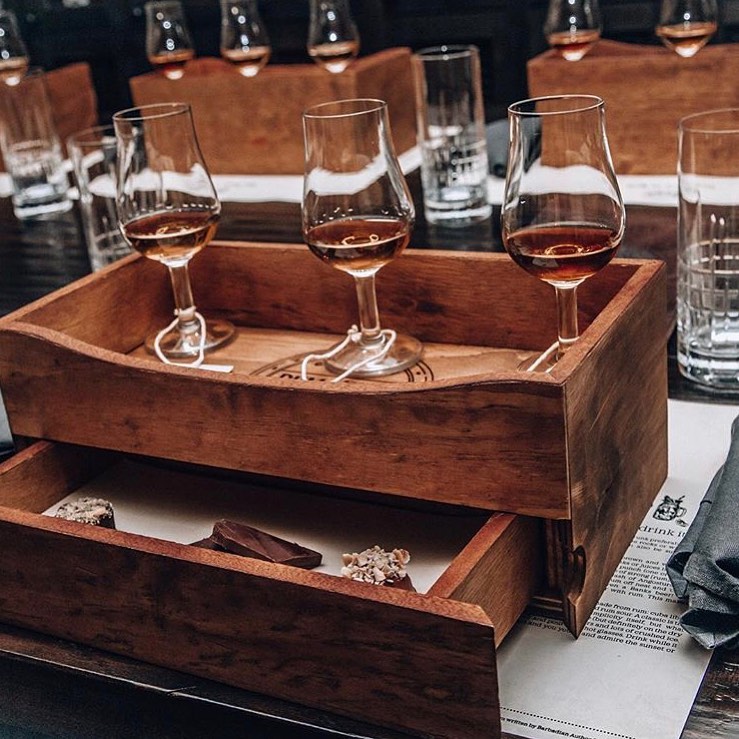Barbados, the tiny island haven in the Caribbean has given the world many significant and memorable gifts. Record-breaking cricket legend Sir Gary Sobers and Rihanna, international musician and business mogul quickly come to mind. However, much praise must also be given to the island for giving life to the liquid satisfaction called rum. The history of Barbados rum, rum production and its trade, is tightly intertwined with the history of the Caribbean island. To fully understand the relationship, we will turn the pages of time back to the 17th century when the English arrived on the island.
In 1625, Captain Powell stumbled upon Barbados during his world voyages and realised that Barbados would be a valuable addition to the British Empire. The Captain's brother, along with 80 crewmen and 10 slaves returned to the island and claimed it in the name of King James I in 1627. Today, there is a monument in Holetown St. James, near to the site where the English landed, commemorating the historical event.
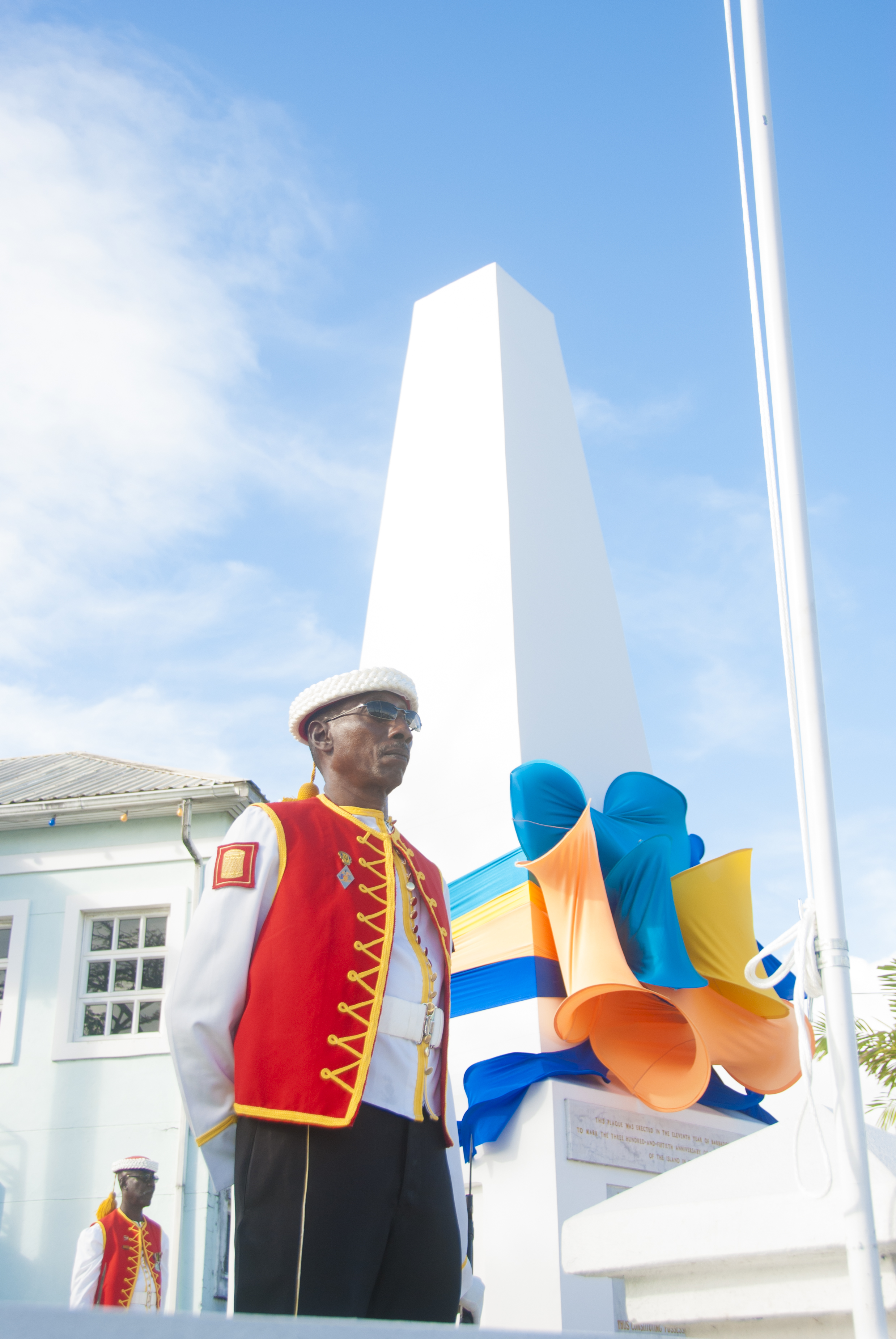
Rum History
Initially, the early English settlers believed that the island had the ideal conditions to grow crops such as tobacco and cotton; however, this proved to be unsuccessful. In a continued effort to utilise the island of Barbados as an agricultural haven, the English turned to their Dutch counterparts, who had made significant early developments into the propagation of sugar cane. So, in 1637 sugar cane plants arrived on the island from the Dutch colony of Brazil and then it was recognised that Barbados and sugar cane were a perfect pairing. Sugar Cane production became the focus of the island since it became evident that its by-product, sugar was a highly lucrative commodity. With further help from the Jews with their windmill technology, Barbados was on course to become a juggernaut in the sugar cane trade.
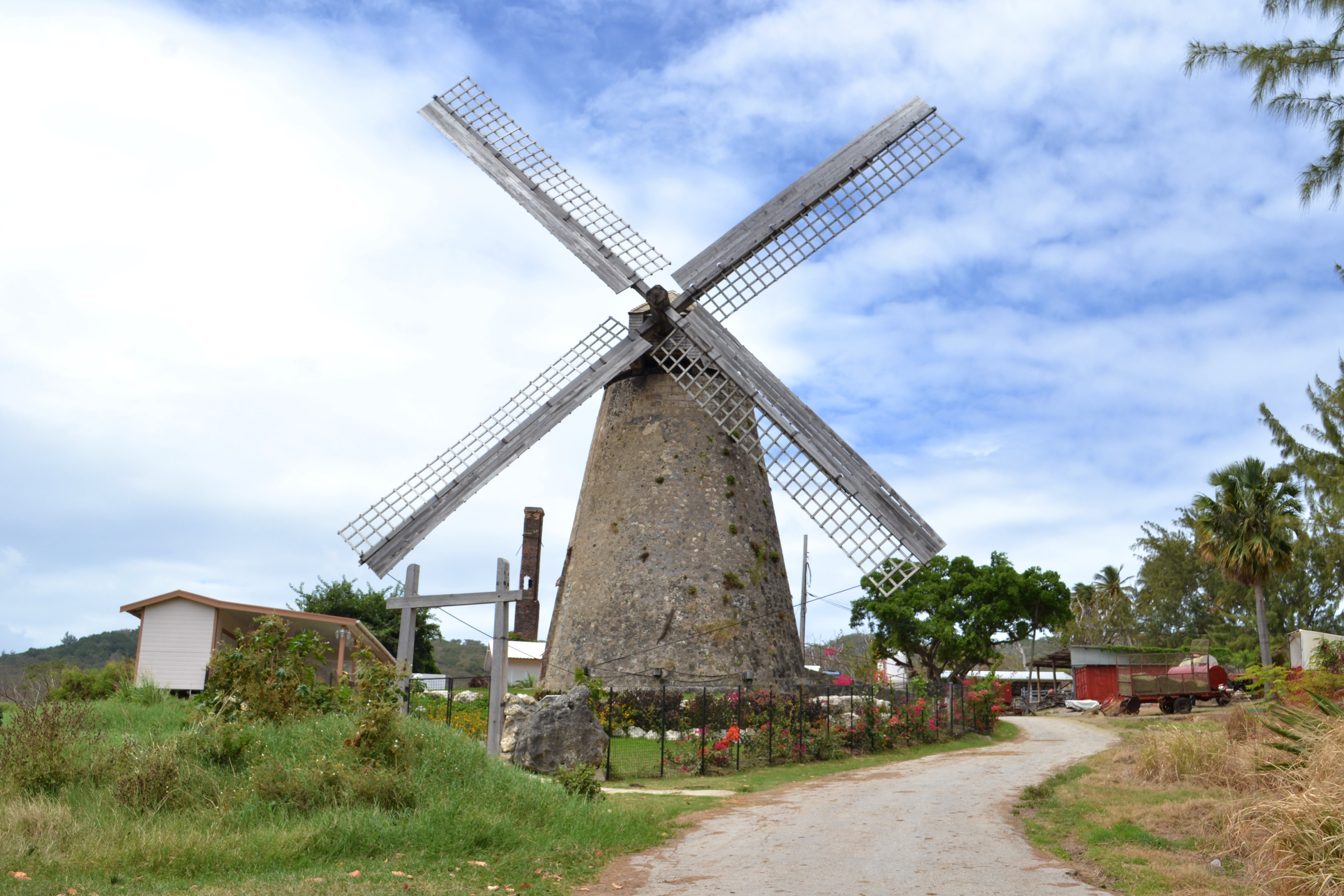
Barbados Rum, however, did not share in the quick rise to popularity and the economic returns that were characteristic of sugar cane. Before the sugar boom, the production of Barbados rum was on a microscopic and unsophisticated scale. This production was solely for local consumption among the planters who had given it the name of 'Kill-Devil". From the ominous title, one can conclude that the beverage was not as refined and of the high quality that it is now. It nevertheless served the purpose of quick intoxication, which led to its growing popularity. Over time, advancements in refinement and production, as well as increases in demand, led to the birth of the Barbados rum industry.
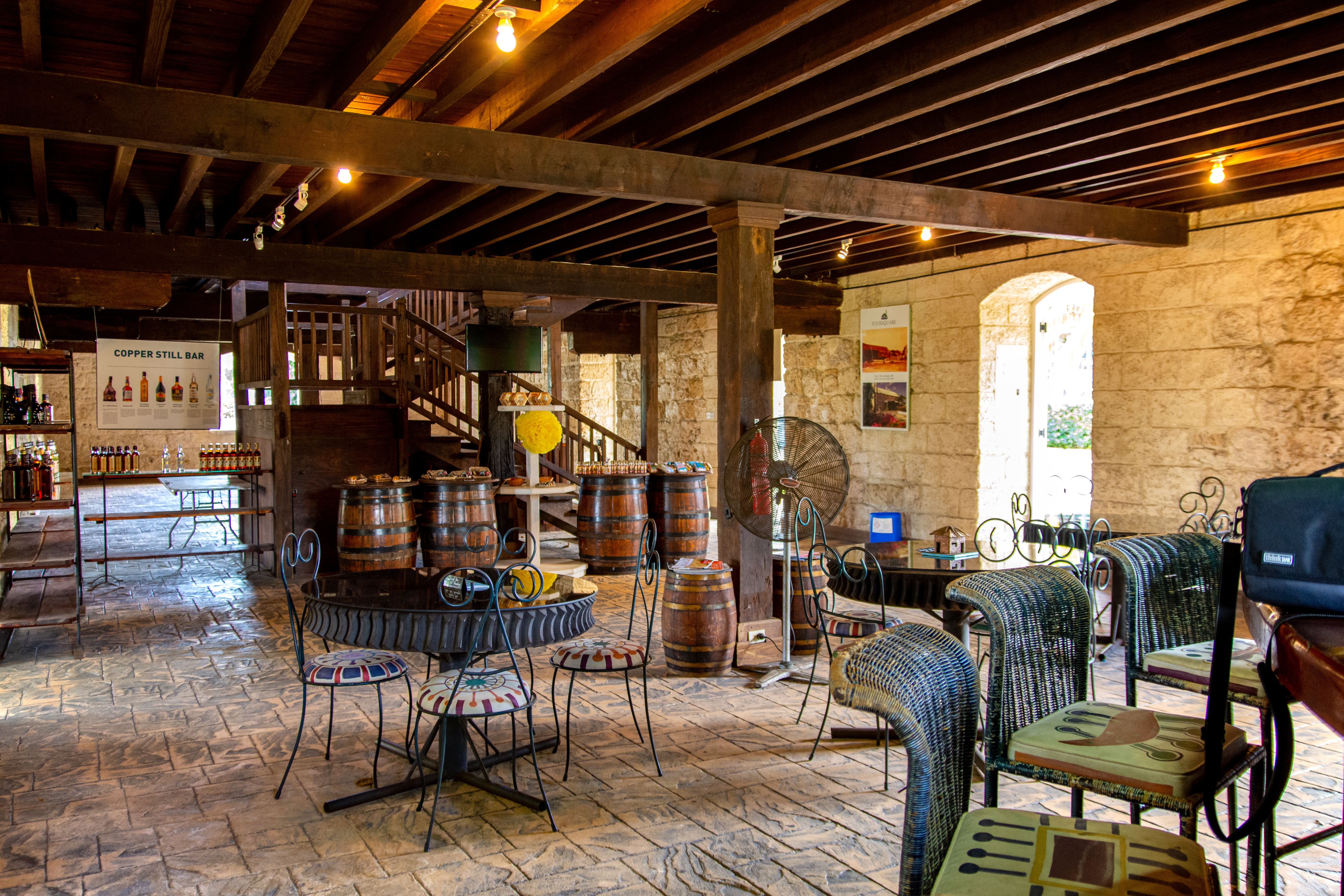
The Process
The process of transforming the sugar cane into Barbados rum starts with the harvesting of the sugar cane - A back-breaking process, which subsequently also fueled the infamous slave trade. The harvested cane was then ground using the windmill technology introduced by the Jews on the island. This method was meant to extract the sweet juice. The juice then went through a boiling process to form sugar. The waste or substance left after the boiling is what is known as molasses - A thick dark substance that is the main ingredient in the rum-making process. It is worth noting that on some islands, especially those in the French West Indies, rum is made directly from the sugar cane juice.
However, in Barbados and most other rum producing countries, the method involving molasses is used. Water is added to the molasses, and if you take a tour of the Mount Gay facilities, you will find the first and only water well that was dug back in the 1700s. Then the magic happens, the sugars in the molasses are transformed into alcohol during the fermentation process. It is then distilled using methods held close to the chests of the owners. After this, it is placed in oak barrels for ageing and distribution.
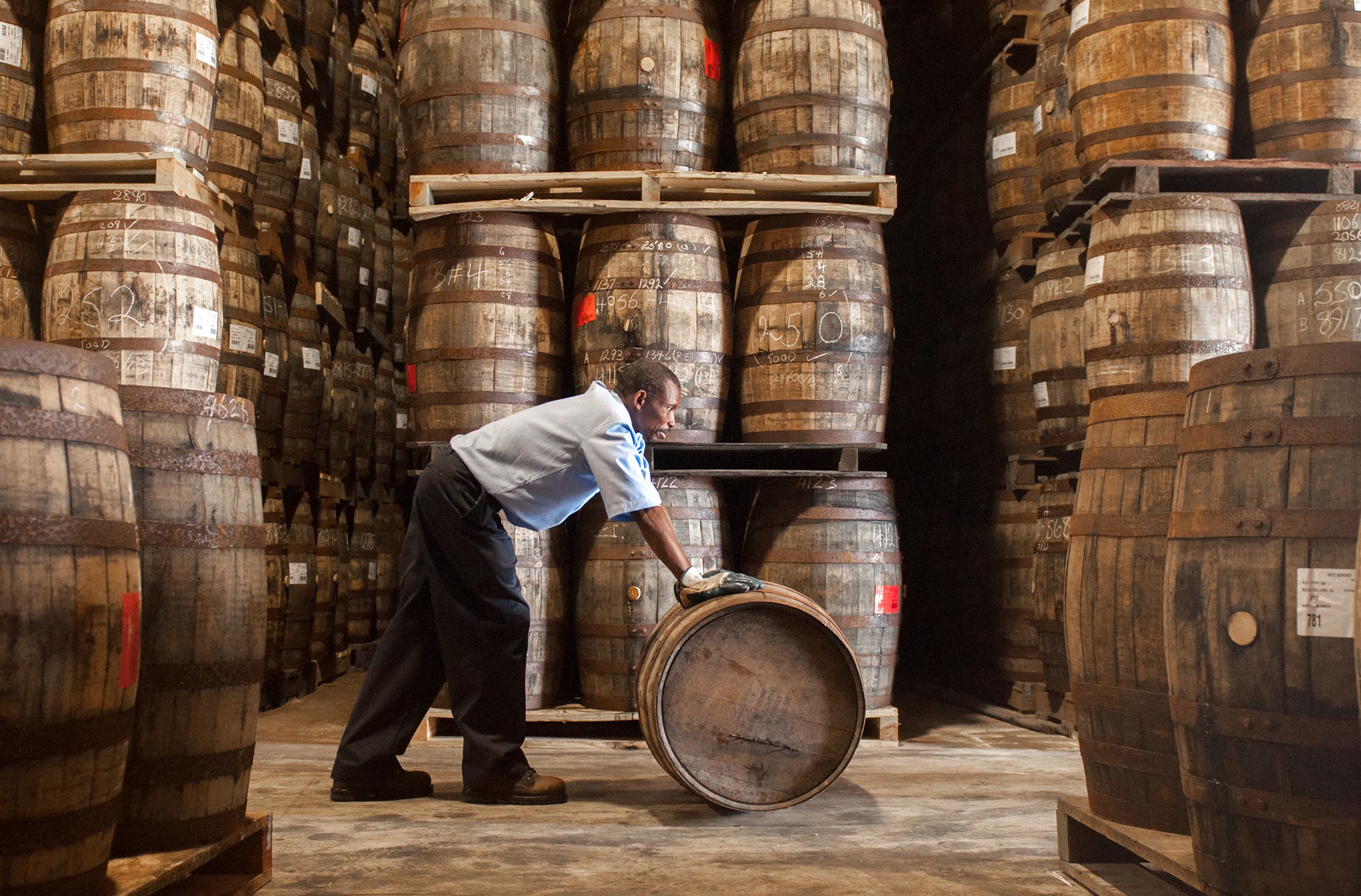
Prior to the beginning of the 18thcentury, the story of rum was based loosely on anecdotal evidence and folklore. However, records placed the establishment of the first rum distillery in the year 1703. It was owned and operated by Mount Gay, making it officially the oldest commercial rum distillery in the world. Throughout the 18th century, the rum trade was dominated and perfected by Barbados. The art of taking the by-product, molasses, and turning it into the liquid gold had proven to be highly lucrative. Mount Gay had established itself as the leader and the first in commercialising this process. Originally named Mount Gilboa, the distillery was eventually renamed Mount Gay after Sir John Gay Alleyne who was hired to manage and advance the distilling process into the next era. So successful was he at his job that the owners felt it was fitting that his name and legacy should live on.
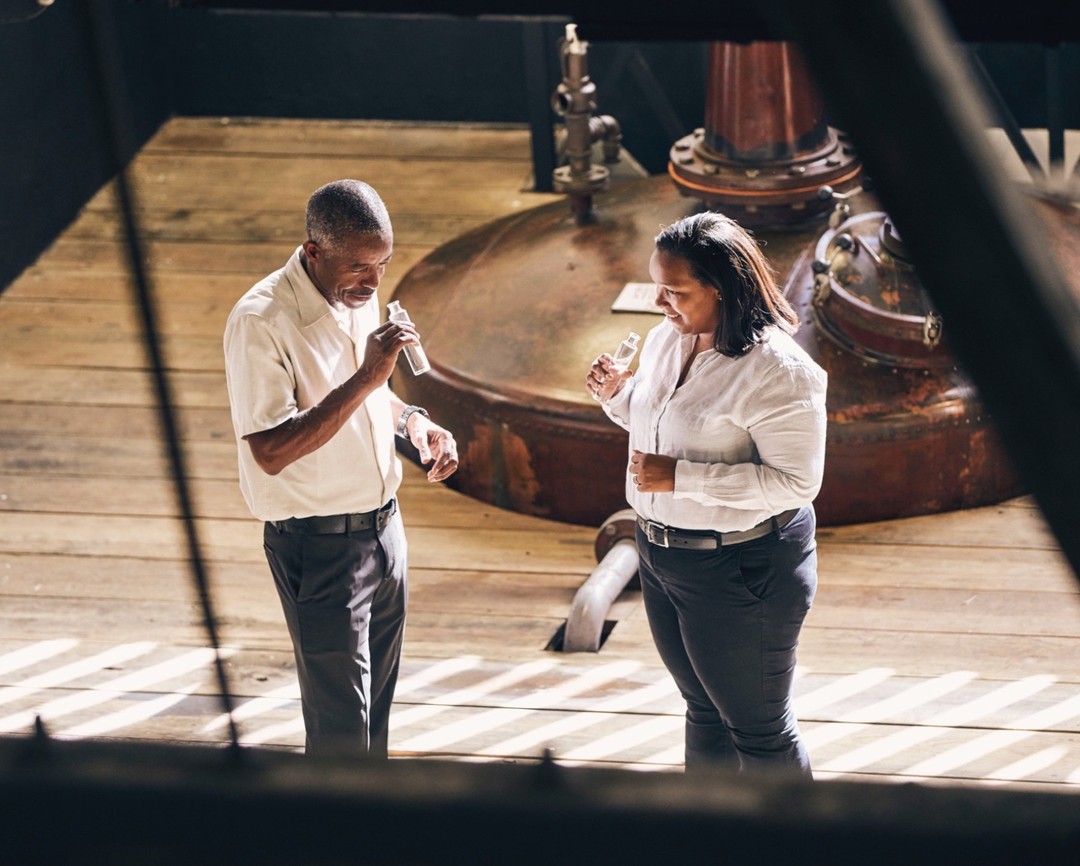
From the 18th Century until now, Barbados has reigned supreme in the rum business. This is evident from the waterside taverns and rum shops on the island, where sailors came from around the world in search of fortune and a good drink. In hotel bars and fine dining restaurants, rum has remained on the list of must-have drinks, whether in a cocktail or straight from the bottle. The treasure chest of coveted global awards is a testament to the greatness of Barbadian rum; created, developed, and perfected right here in Barbados.
Interesting points to discuss over a glass of rum
The name 'Rum' is also said to have its origins right here in Barbados. In the taverns in the city of Bridgetown, the capital of Barbados, sailors would overindulge in the liquid, making life a rumbustious, uncontrollable exuberance. Furthermore, it has also been suggested that the word could have originated from 'Rumbullion' which was a beverage made from boiling sugar cane stalks. Interestingly, the name rum was known and in use in the 17th century. In 1654 the General Court of Connecticut ordered the confiscation of ‘whatsoever Barbados liquors, commonly called rum, ‘kill devil’ and the like. This was followed by a decision made by the General Court of Massachusetts to outlaw the sale of strong liquor. The Barbados Rum clearly had a reputation far beyond the shores of the tiny island and these stories demonstrate the legacy of its place among the greatest alcoholic spirits in the world.
